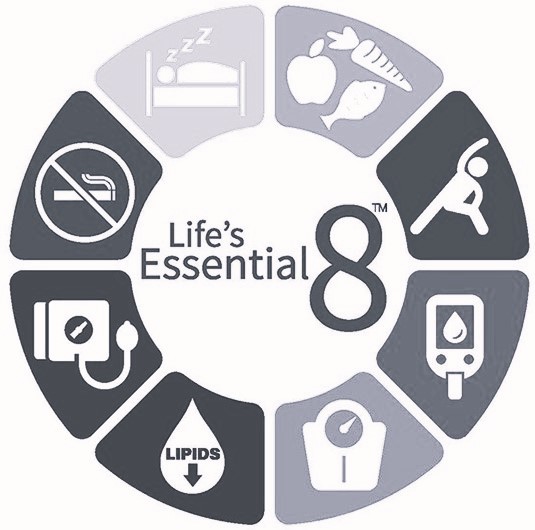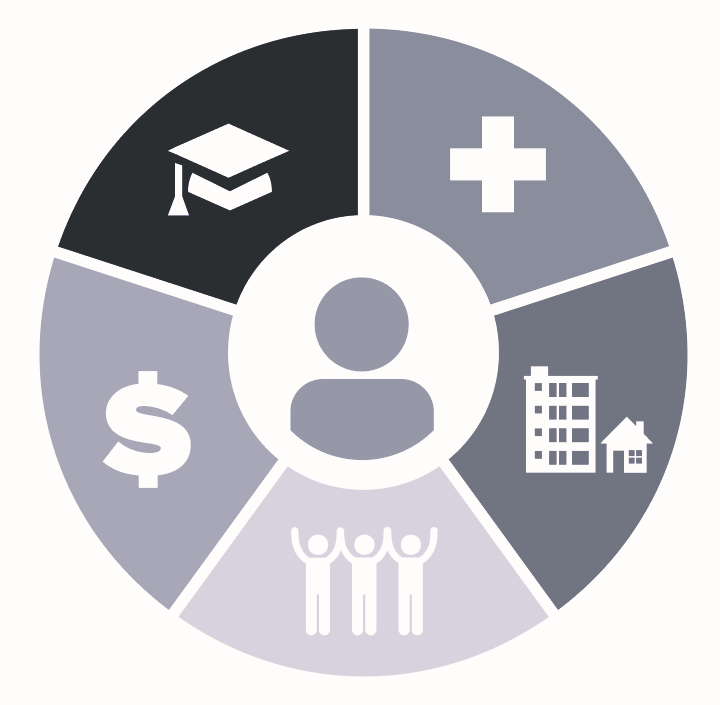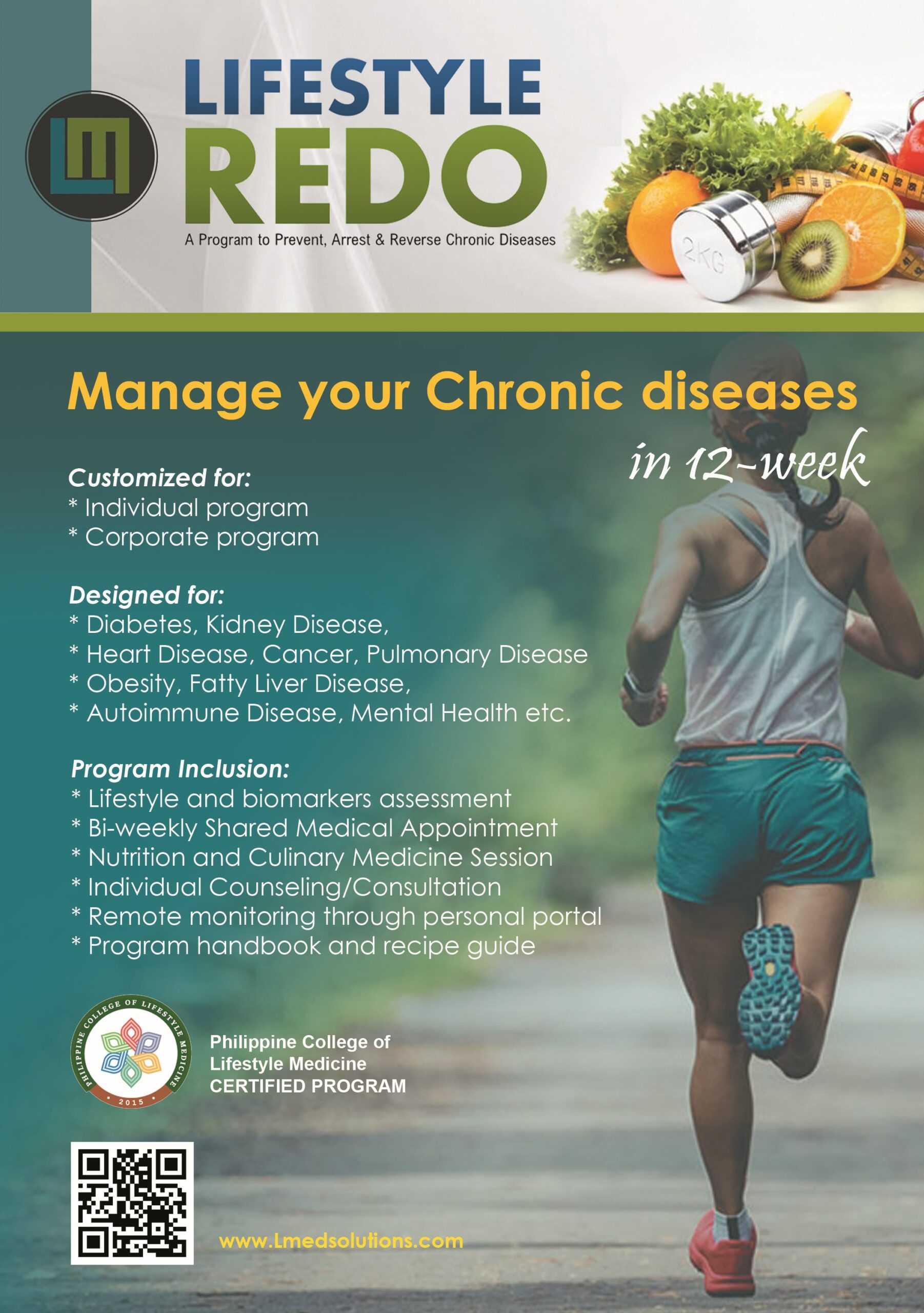
Non-Communicable Diseases (NCD):
The Modifiable Risk Factors
Unhealthy diets, physical inactivity, tobacco and alcohol use all increase the risk of dying from an NCD. NCDs Kill 41 million people each year, equivalent to 74% of all deaths globally. 17 million people prematurely die from NCD before age 70; 86% of these deaths occur in low-and middle-income countries.

Behavioural Factors
Modifiable behaviours such as unhealthy diet, physical inactivity, tobacco and alcohol use increase the risk of NCDs.
Metabolic Factors
Increased blood pressure, overweight/obesity, and high levels of fat in the blood are metabolic risk factors that increase the risk of NCDs.

Socio-economic Factors
Poverty is closely linked with NCDs. Low-resource settings, health-care costs for NCDs quickly drain household resources and lifestyle programs are proven solutions.
How it works?
Lifestyle Medicine is a holistic approach to health that focuses on identifying and addressing the root causes of disease. It employs evidence-based interventions designed to assess and manage the upstream determinants of chronic illnesses.
The World Health Organization reports that more than 70% of diseases and healthcare expenditures are devoted to managing chronic conditions linked to unhealthy lifestyle choices—such as heart disease, obesity, high cholesterol, and type 2 diabetes. Lifestyle Medicine aims to reverse this trend by prescribing sustainable behavior changes that minimize risk factors and promote health-enhancing habits.


